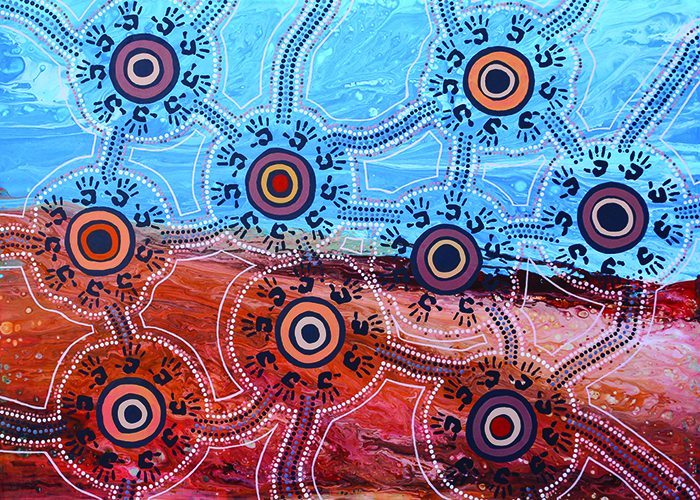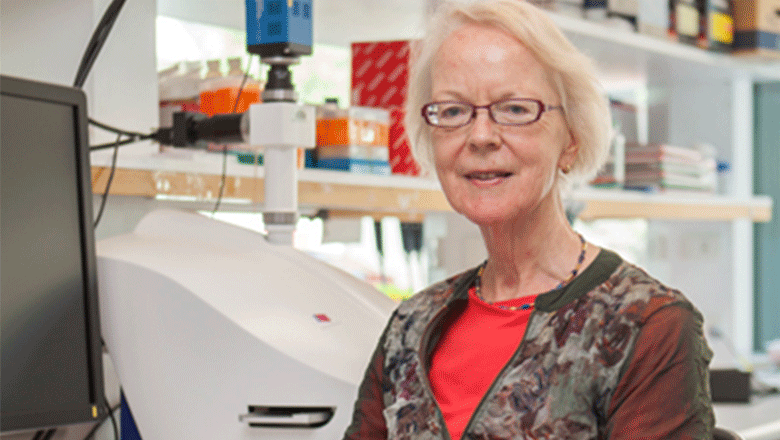Search
Showing results for "clinical trials"
Research
“It’s all gone quiet…” MUSIC from COVID19Hannah Huong Christopher Moore Le Blyth OAM BSc (Hons) GradDipClinEpi PhD MA (Dev. Econ), MA (App. Stats), PhD (Econ) MBBS (Hons) DCH FRACP FRCPA PhD
Research
Impaired interferon response in plasmacytoid dendritic cells from children with persistent wheezeImpaired interferon response and allergic sensitization may contribute to virus-induced wheeze and asthma development in young children. Plasmacytoid dendritic cells play a key role in antiviral immunity as critical producers of type I interferons.
Research
Research opportunities for the primordial prevention of rheumatic fever and rheumatic heart disease - streptococcal vaccine development: a national heart, lung and blood institute workshop reportStreptococcus pyogenes, also known as group A streptococcus (StrepA), is a bacterium that causes a range of human diseases, including pharyngitis, impetigo, invasive infections, and post-infection immune sequelae such as rheumatic fever and rheumatic heart disease. StrepA infections cause some of the highest burden of disease and death in mostly young populations in low-resource settings. Despite decades of effort, there is still no licensed StrepA vaccine, which if developed, could be a cost-effective way to reduce the incidence of disease.

News & Events
Prestigious grants to support lung health and suicide prevention researchTwo researchers focused on improving outcomes for children with chronic lung disease and averting suicide contagion and suicide clusters in young people have won prestigious Investigator Grants from the National Health and Medical Research Council.
Research
Cord blood Streptococcus pneumoniae-specific cellular immune responses predict early pneumococcal carriage in high-risk infants in Papua New GuineaWe aimed to explore whether newborns in high-risk areas have pre-existing pneumococcal-specific cellular immune responses that effects early acquisition.
Research
Searching for Strep A in the clinical environment during a human challenge trial: a sub-study protocolStreptococcus pyogenes (also known as group A Streptococcus , Strep A) is an obligate human pathogen with significant global morbidity and mortality. Transmission is believed to occur primarily between individuals via respiratory droplets, but knowledge about other potential sources of transmission via aerosols or the environment is limited. Such knowledge is required to design optimal interventions to control transmission, particularly in endemic settings.

More than 3,000 skin checks have been undertaken as part of a large clinical trial in WA’s Kimberley region aimed at halving the burden of skin sores in school-aged Aboriginal children.
Research
Epidemiology of Otitis Media hospitalisations in Western Australia: a retrospective population cohort study (1996-2012)Deborah Hannah Lehmann Moore AO, MBBS, MSc OAM BSc (Hons) GradDipClinEpi PhD Honorary Emeritus Fellow Head, Infectious Diseases Research 08 6319 1427

News & Events
Raine Foundation grants support exciting projects in childhood cancer and newborn infectionsTwo The Kids Research Institute Australia researchers have been awarded prestigious grants from the Raine Medical Research Foundation for projects in childhood cancer and newborn infection control.

News & Events
New drug hope for babies with leukaemiaResearchers at The Kids Research Institute Australia have discovered a new drug combination that could help improve survival rates for babies with leukaemia.
